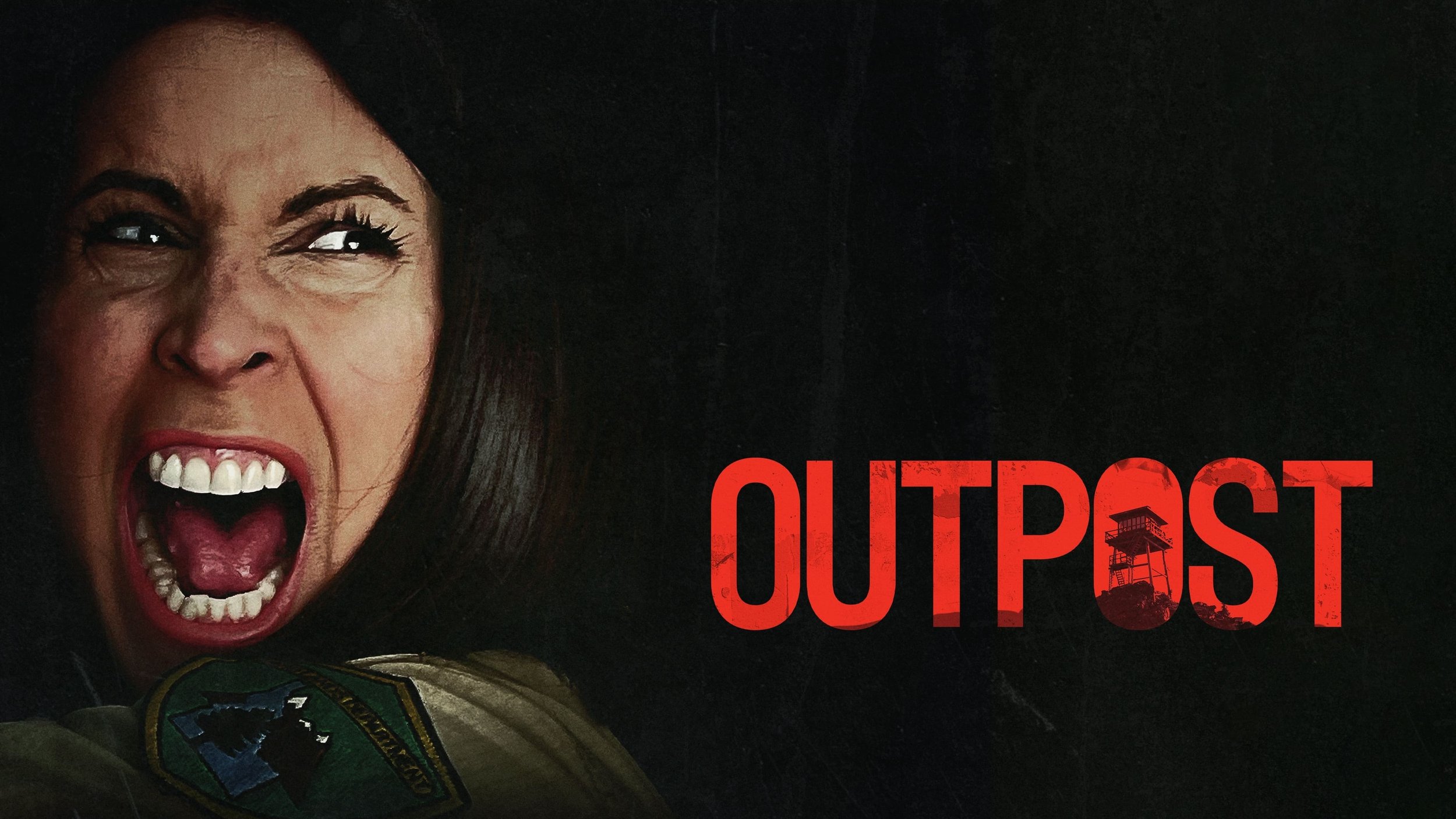Outpost
Gravitas VenturesIsolation is a complex experience. Built as social creatures that often thrive in a collective setting, humans often have an inherent fear and tension in regard to isolation. Sometimes, however, isolation can become a place of healing and safety. This duality is the center focus of Joe Lo Truglio's Outpost which follows a woman named Kate (Beth Dover) who escapes to the quiet mountains to spend a summer as a fire lookout while she processes her PTSD following an abusive relationship she recently got out of. While Kate tries to find her peace, her past comes back to haunt her and tensions begin to rise.
The natural strength within Outpost is how naturally the film sets up and works with the more cliched elements of the modern horror genre. Overran by ideals of fake-out jumpscares and false moments of tension, the modern horror viewing experience can be frustrating. Rather than letting brooding tension build with confidence, filmmakers feel the need to unnaturally add moments of horror that are never able to find a full venom or purpose due to their placement within the plot. Outpost doesn't avoid this logic, but instead, the film finds natural ways to work these moments that make sense for both logic and narrative flow. Specifically when it comes to portraying Kate's lasting PTSD, these scenes work well to bring the relentless horrors that Kate battles to the tangible world and their inclusion feels beneficial rather than distracting.
The setting for the film is also rather strong. The lonely outpost creates a wonderful sense of isolation and tension as Kate is left with only her thoughts and fears, outside a handful of hikers and other lookouts she communicates with throughout the film. This brooding isolation creates an immediate sense of uneasiness and tension as the emotions of panic are enhanced by the inability to escape or rush into the safety of public view. The mountain landscape is gorgeous and gives yet another wonderful juxtaposition as the calm and quiet calls of nature are thrown into chaos by the fears and trauma that creep into Kate's mind. One should not overlook the talent of Frank Barrera as cinematographer who continues to deliver strong work following his efforts with projects like Together Together and A Bread Factory.
While these elements create a surprisingly effective display for the modern horror genre, the film sadly cannot overcome its disastrous third act. As the runtime plays on and the film reaches the end, there is a need for a real threat to materialize in order to give the film a substantial and rewarding conclusion. The film is clearly lost and confused about how to reach this point and the narrative drifts into possibly the worst option. Rather than building a compelling threat for Kate to overcome as a message of her power against her trauma and PTSD, the film twists itself to fully give her over to these emotions and villainize Kate herself. When writing a character like Kate, one has to give extra attention to protecting her and the portrayal of these very serious mental obstacles that are of no fault of her own. Outpost pays little regard to this idea and develops a third act that villainizes those suffering from PTSD, furthering a harmful stigma that leaves the audience with an incredibly bitter taste. The sole writing credit going to a male perspective only cements this lack of perspective and care with this specifically female narrative demanding a sense of authenticity and craft the final feature is simply lacking.
While Outpost proves Joe Lo Truglio's ability within the horror genre and successfully overcomes many of the common faults in the genre, the film fails itself and its own characters with a beyond-questionable final act. Sacrificing a cleaner narrative for a problematic twist that has the ability to justifiably offend and upset, it is hard to recommend the feature despite its more clever moments.


